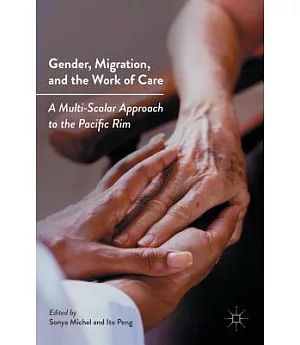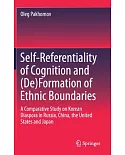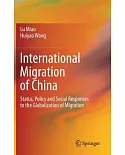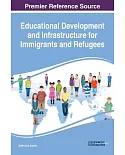This book explores how around the world, women’s increased presence in the labor force has reorganized the division of labor in households, affecting different regions depending on their
cultures, economies, and politics; as well as the nature and size of their welfare states and the gendering of employment opportunities. As one result, the authors find, women are increasingly
migrating from the global south to become care workers in the global north. This volume focuses on changing patterns of family and gender relations, migration, and care work in the countries
surrounding the Pacific Rim—a global epicenter of transnational care migration. Using a multi-scalar approach that addresses micro, meso, and macro levels, chapters examine three domains: care
provisioning, the supply of and demand for care work, and the shaping and framing of care. The analysis reveals that multiple forms of global inequalities are now playing out in the most
intimate of spaces.
















